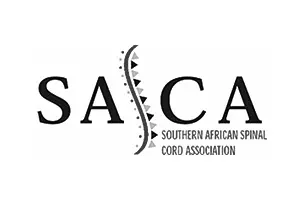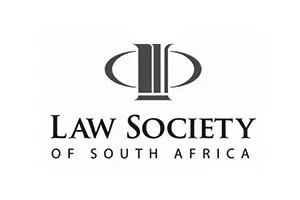The Evaluation of Conflicting Versions of Evidence
Personal Injury in South Africa
The Evaluation of Conflicting Versions of Evidence
By the very nature of litigation, in the majority of civil and criminal trials, conflicting, irreconcilable versions are frequently presented by opposing parties that need to be compared, weighed up against each other, assessed and evaluated.
In the reported judgement of SFW Group Ltd and Another v Martell et Cie and Others 2003 (1) SA 11 (SCA), guidelines are furnished regarding the manner in which such irreconcilable opposing versions should be evaluated and, this is set out as follows :
“…The technique … generally employed by courts in resolving factual disputes where there are two irreconcilable versions … may be summarised as follows: To come to a conclusion on the disputed issues, the court must make findings on| (a) the credibility of the various factual witnesses, (b) their reliability, and (c) the probabilities…
As to (a), the court’s finding on the credibility of a particular witness will depend on its impression of the veracity of the witness…That, in turn, will depend on a variety of subsidiary factors such as (i) the witness’ candour and demeanour in the witness-box, (ii) his bias, latent and blatant, (iii) internal contradictions in his
evidence, (iv) external contradictions with what was pleaded or put on his behalf, or with established fact or with his own extra-curial statements or actions, (v) the probability or improbability of particular aspects of his version, and (vi) the calibre and cogency of his performance compared to that of other witnesses testifying about same incident or events…
As to (b), a witness’ reliability will depend, apart from the factors mentioned under (a) (ii), (iv) and (v) above, on (i) the opportunities he had to experience and observe the event in question and (ii) the quality, integrity and independence of his recall thereof…
As to (c), this necessitates an analysis and evaluation of each party’s version on each of the disputed issues…
In the light of its assessment of (a), (b) and (c), the court will then, as a final step, determine whether the party burdened with the onus of proof has succeeded in discharging it….”.
In S v Trainor 2003 (1) SACR 35 (SCA), in dealing with the correct approach to be adopted in cases involving mutually destructive and irreconcilable factual accounts, the Supreme Court of Appeal quoted with approval, and applied, the dictum in S v van der Heyden and then went on to state the following:
“… A conspectus of all the evidence is required. Evidence that is reliable should be weighed alongside such evidence as may be found to be false. Independently verifiable evidence, if any, should be weighed to see if it supports any of the evidence tendered. In considering whether evidence is reliable, the quality of that evidence must of necessity be evaluated, as must corroborative evidence, if any. Evidence, of course, must be evaluated against the onus of any particular issue or in respect of the case in its entirety…”.
The current position on objections to the con/arb process
Con/arb process - The Commission for Conciliation, Mediation[...]
Out of time? Think again – The CCMA and its rules
By Lara Keil (Candidate Legal Practitioner) under the[...]
RAF’s lodgement requirements: Claimants further prejudiced
By Lara Keil (Candidate Legal Practitioner) under[...]














